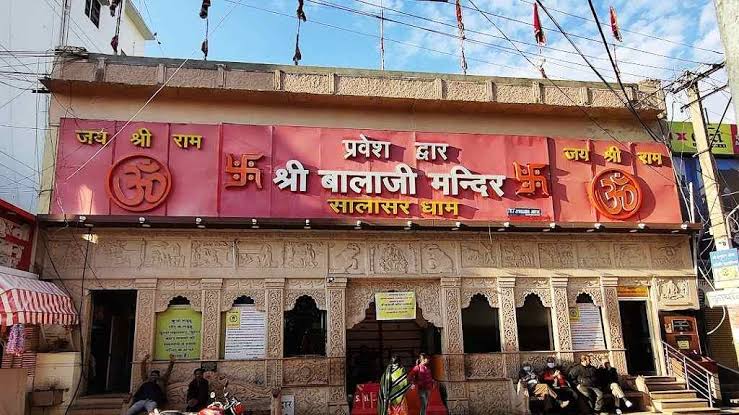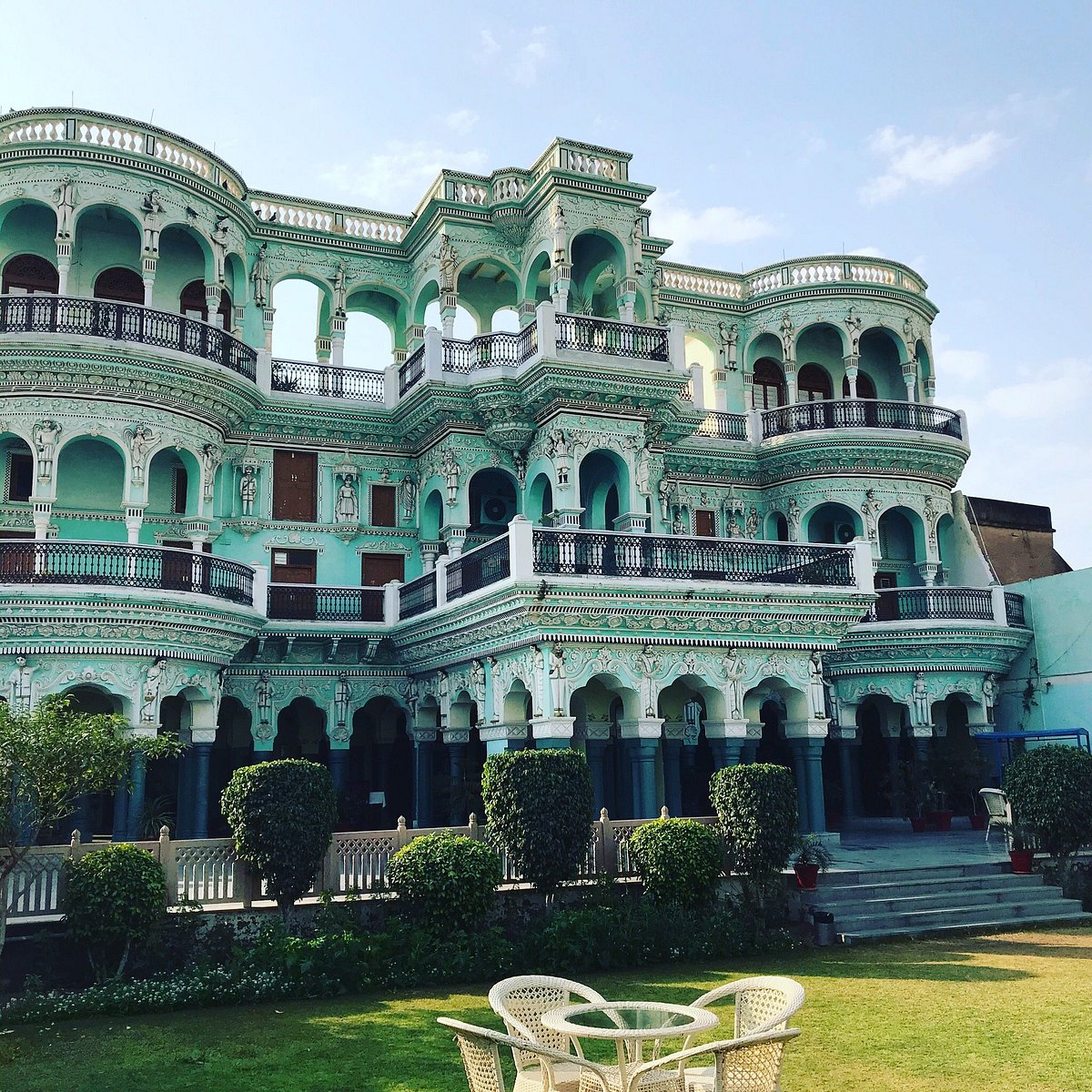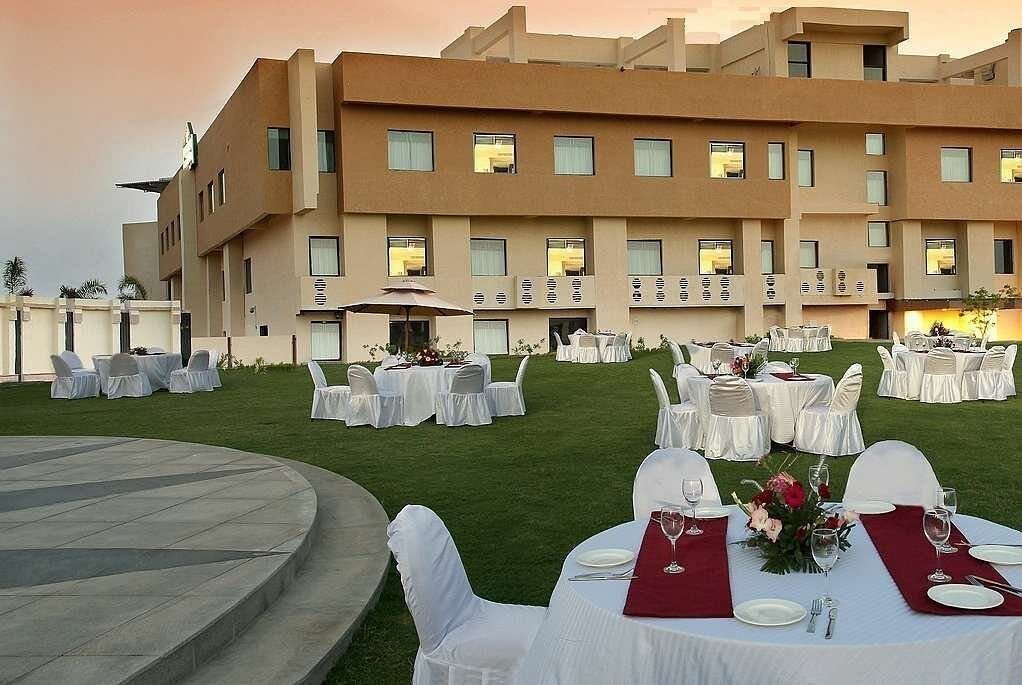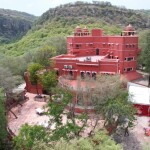Salasar Balaji Dham: A Divine Destination for Hanuman Devotees
Table of contents [Show]
History and Legend:
According to legend, the temple was established in 1754 CE after a farmer in a nearby village discovered an idol of Hanuman while ploughing his field. The farmer took the idol home and worshipped it, and that same night, he had a dream in which Hanuman instructed him to send the idol to Salasar. The idol was eventually taken to Salasar, where a temple was built for it, and it was installed on Shravan Shukla Navami in 1754 CE. The unique idol of Balaji has a beard and a mustache, is made of black stone, and has a silver crown on its head. The temple also has idols of other deities such as Ganesh, Shiva, Durga, and Ram-Sita.
Festivals and Rituals:
The temple celebrates various festivals throughout the year, but the most important ones are the fairs held on Chaitra Purnima (Hanuman Jayanti) and Ashwin Purnima. These fairs last for three days and attract devotees from all over India and abroad. The temple also has a ritual where devotees tie coconuts with red cloth on a tree near the temple, believing that Balaji fulfills their wishes and removes their troubles if they tie a coconut on the tree.
Best Timings and Schedule:
Salasar Balaji Dham is open for darshan (worship) throughout the year, but the best time to visit is during the fairs held on Chaitra Purnima (Hanuman Jayanti) and Ashwin Purnima. The temple follows a daily schedule of aartis and bhogs that are performed at different times of the day, with the first aarti, Mangala Aarti, being performed at 5:00 AM or 5:30 AM depending on the season.
How to Reach and Where to Stay:
Salasar Balaji Dham is located on the Jaipur-Bikaner highway and is well connected by road and rail with major cities of Rajasthan and India. The nearest railway station is Sujangarh, which is 25 km away from Salasar. The nearest airport is Jaipur International Airport, which is 183 km away from Salasar. There are many hotels, guest houses, and dharamshalas available near the temple for accommodation, including the official website of the temple trust that provides online booking facilities for rooms and other services at nominal charges.










